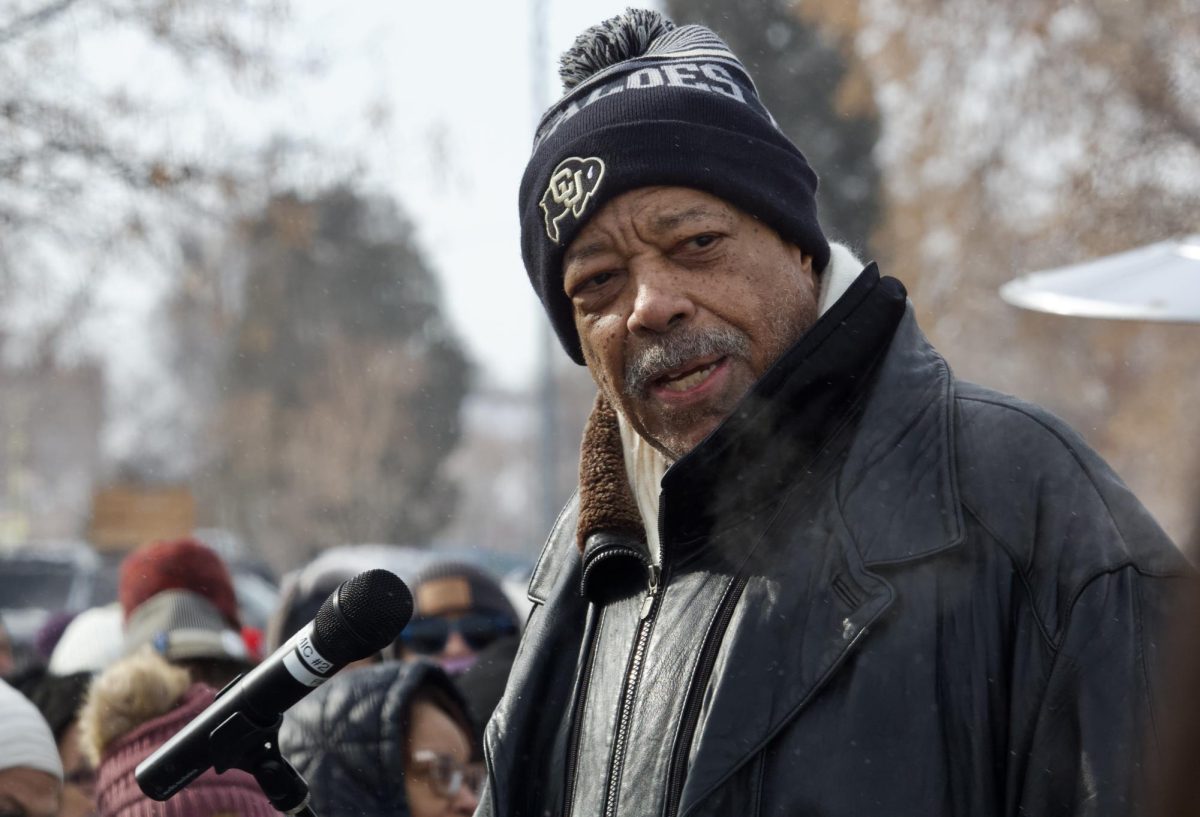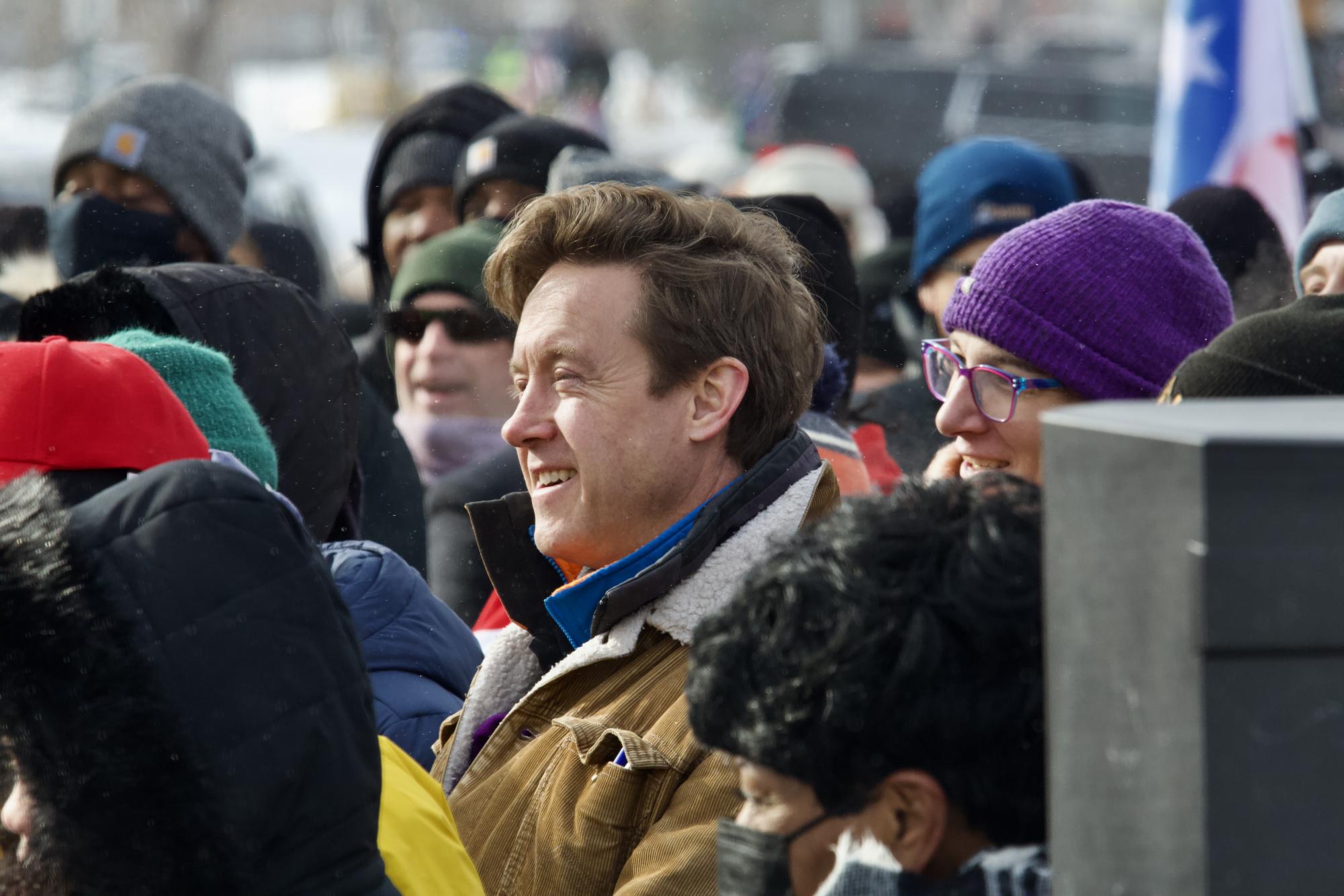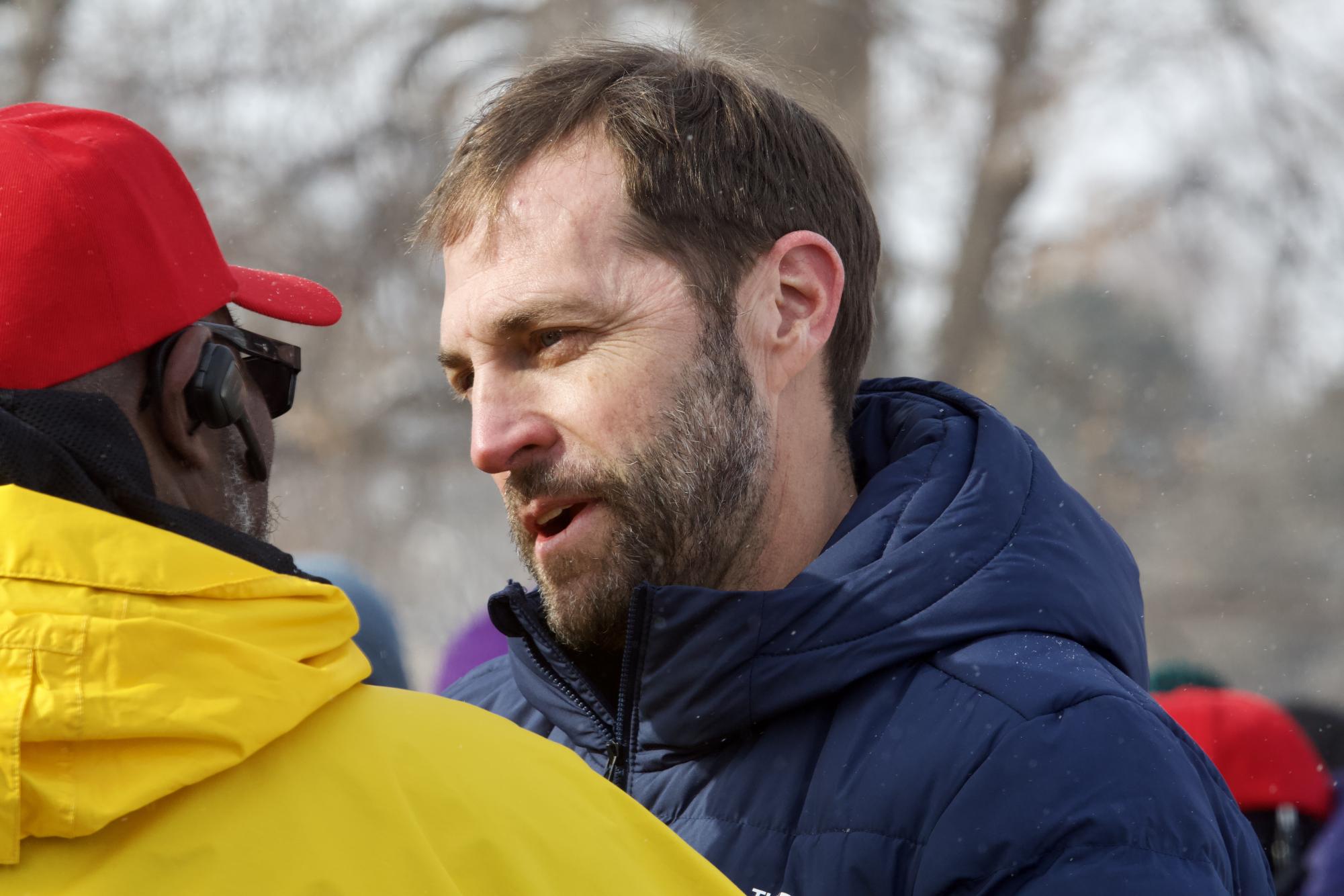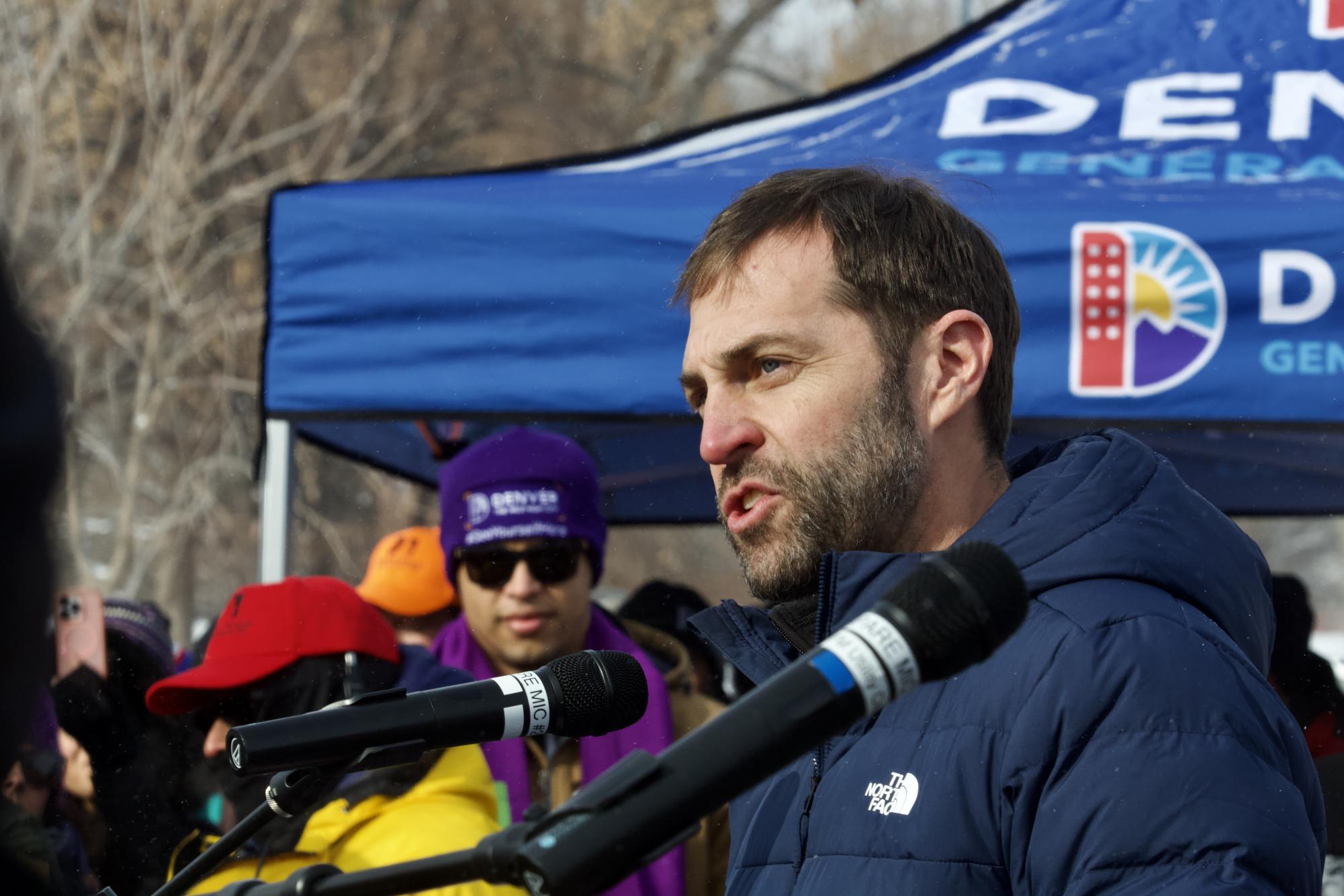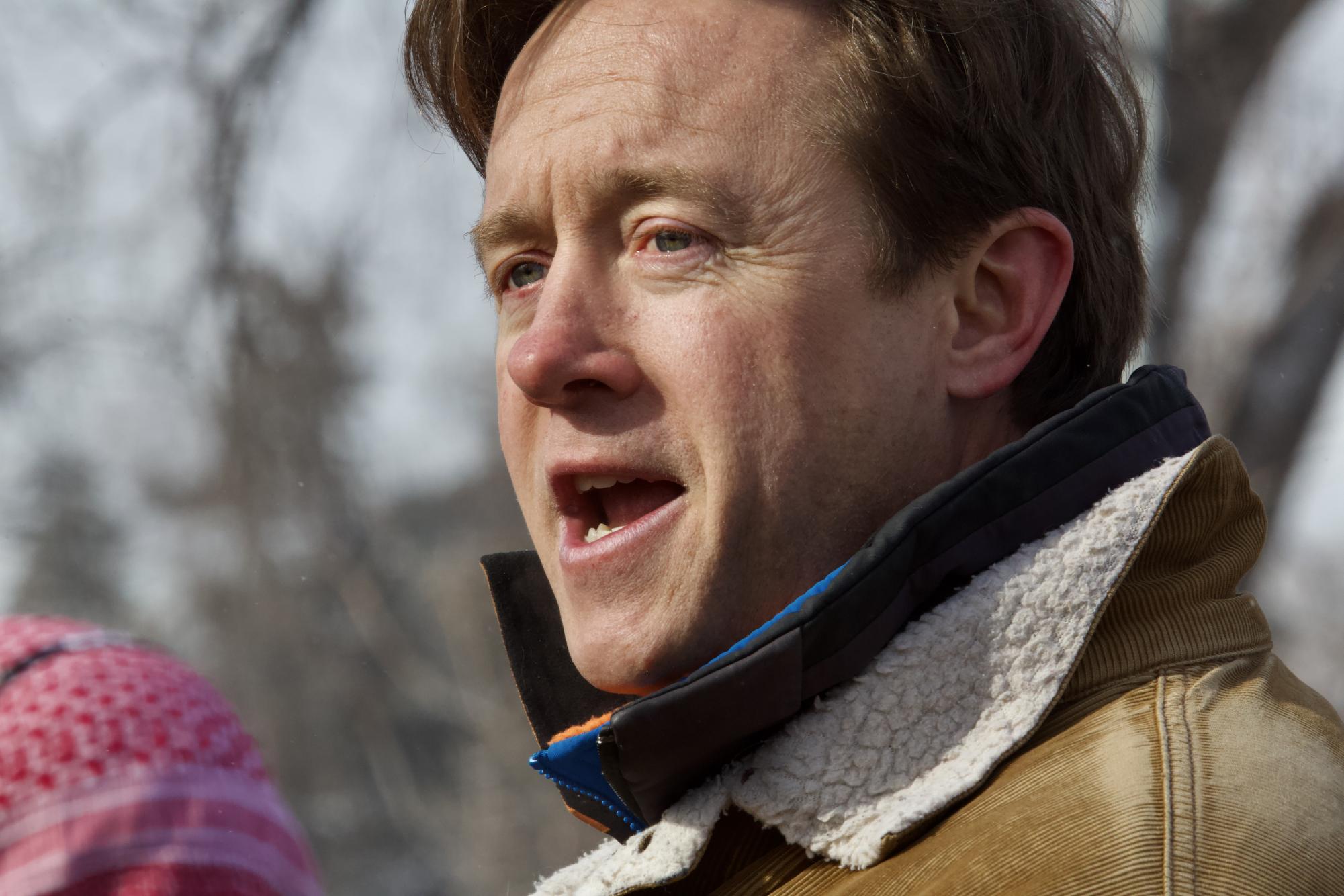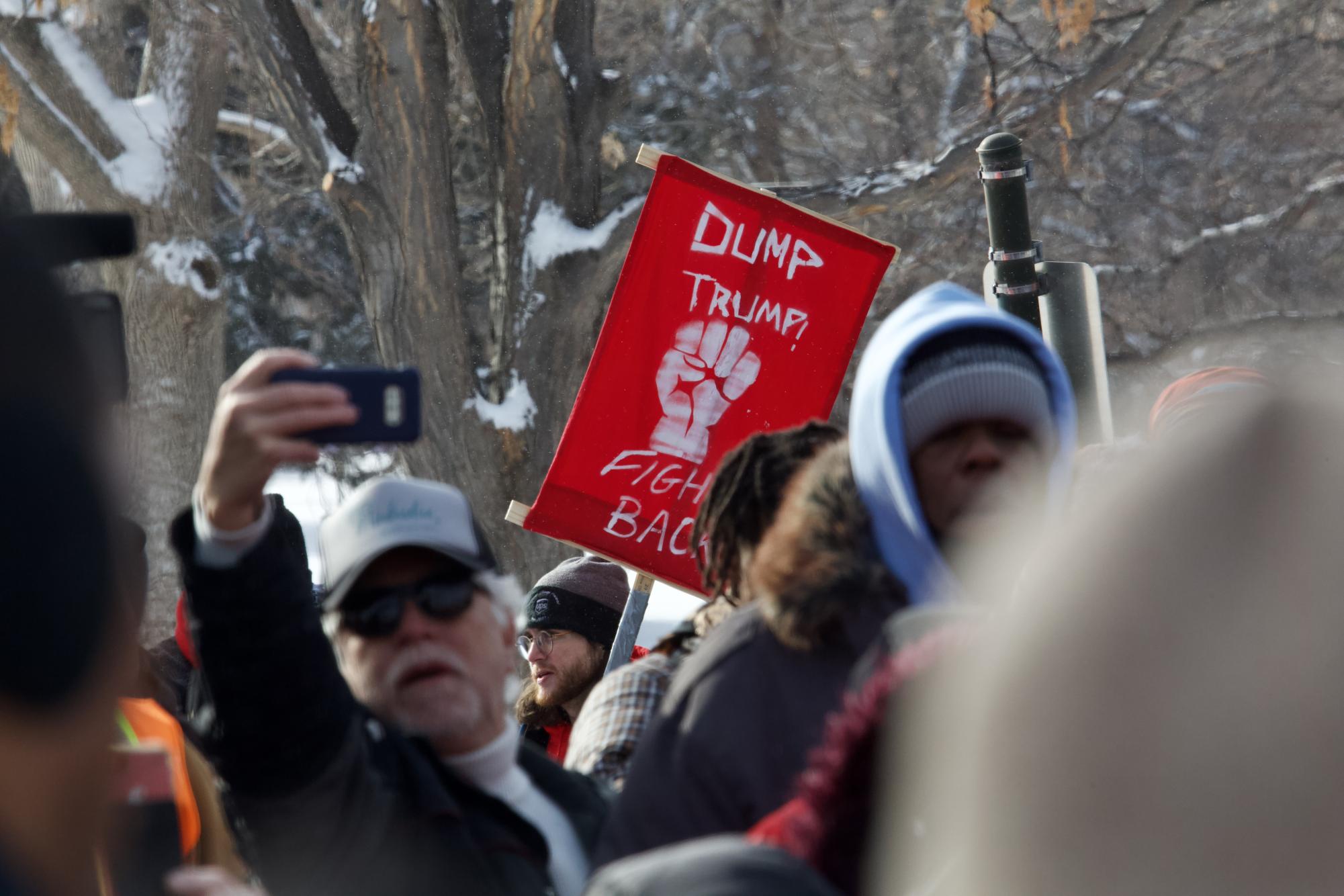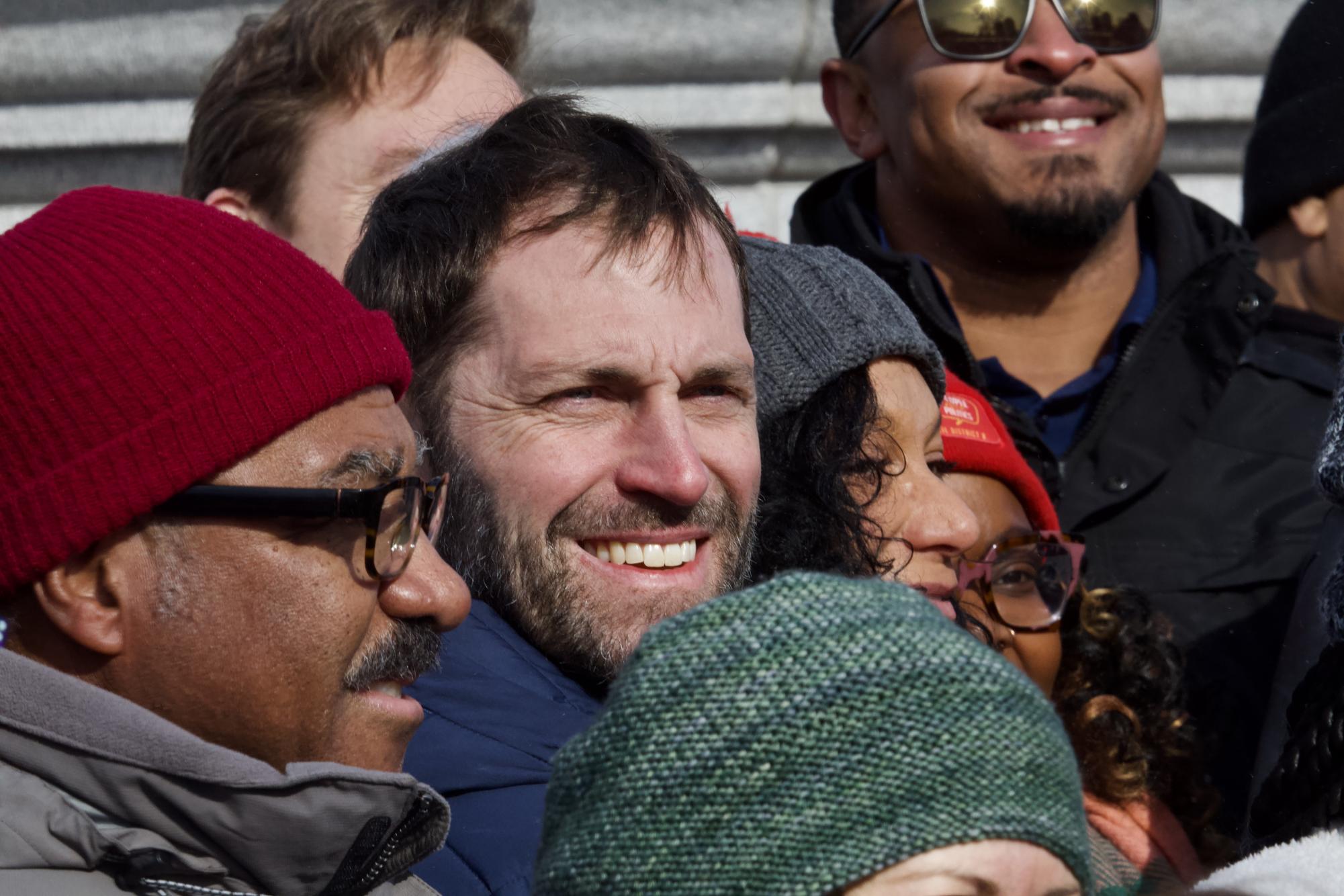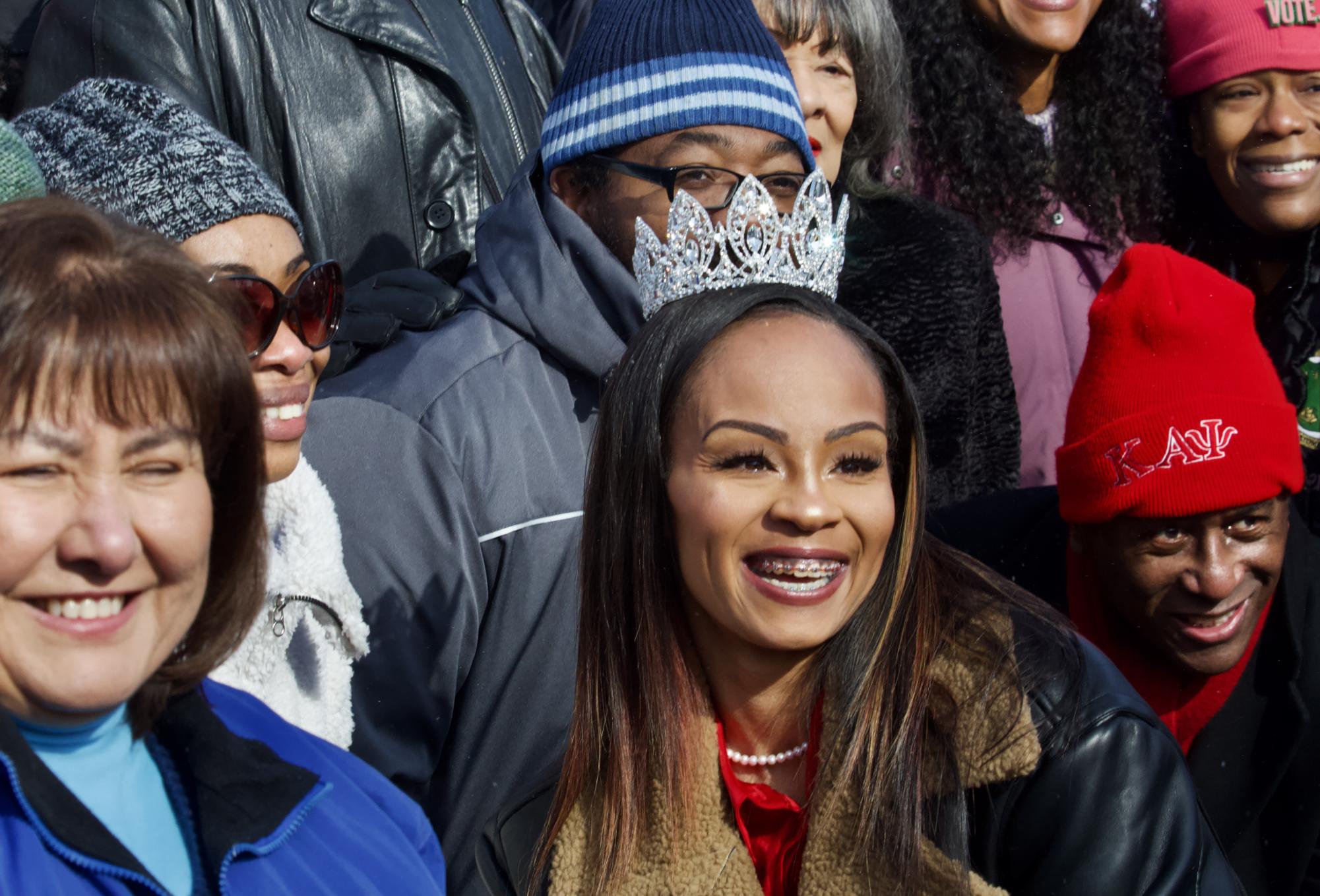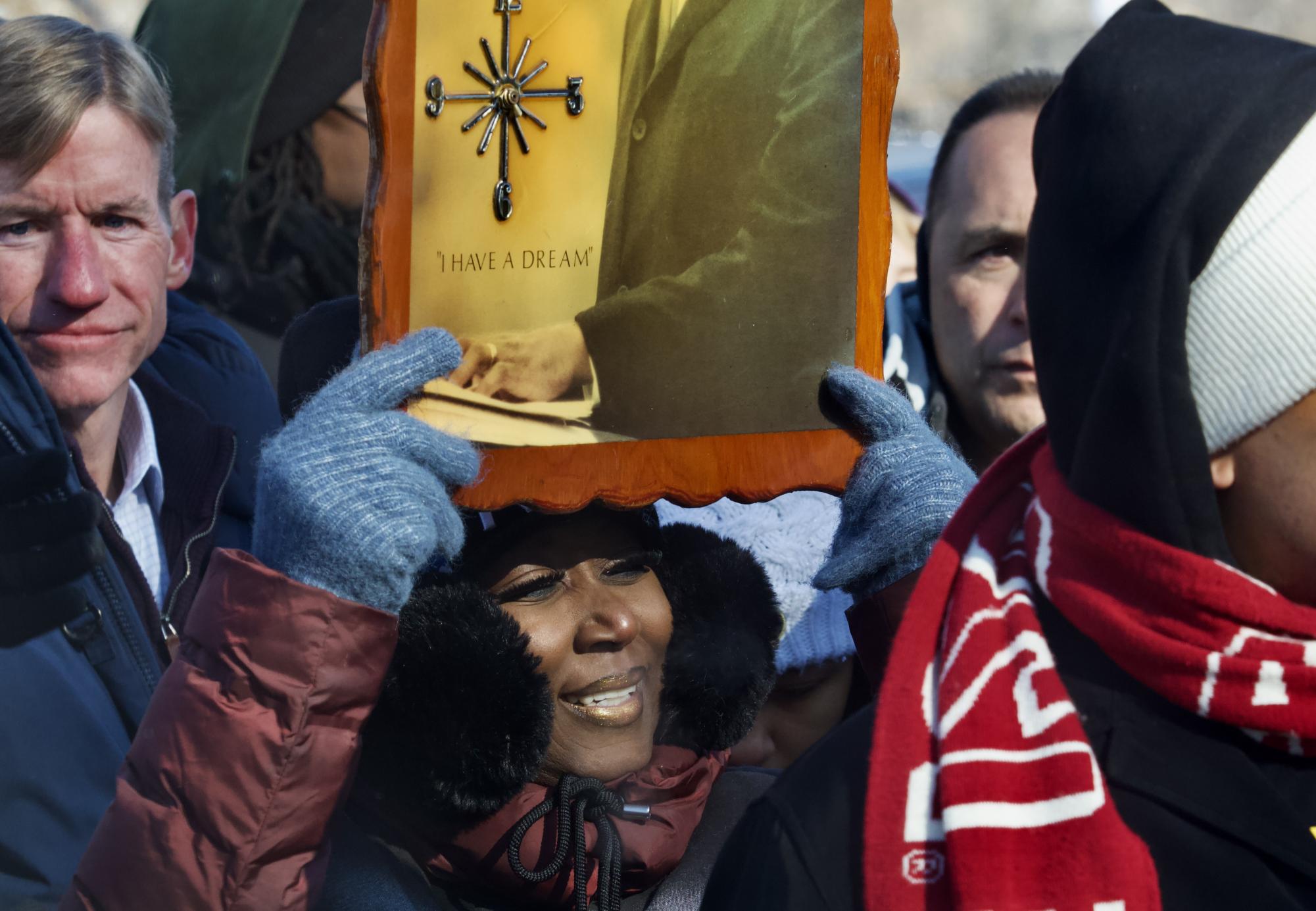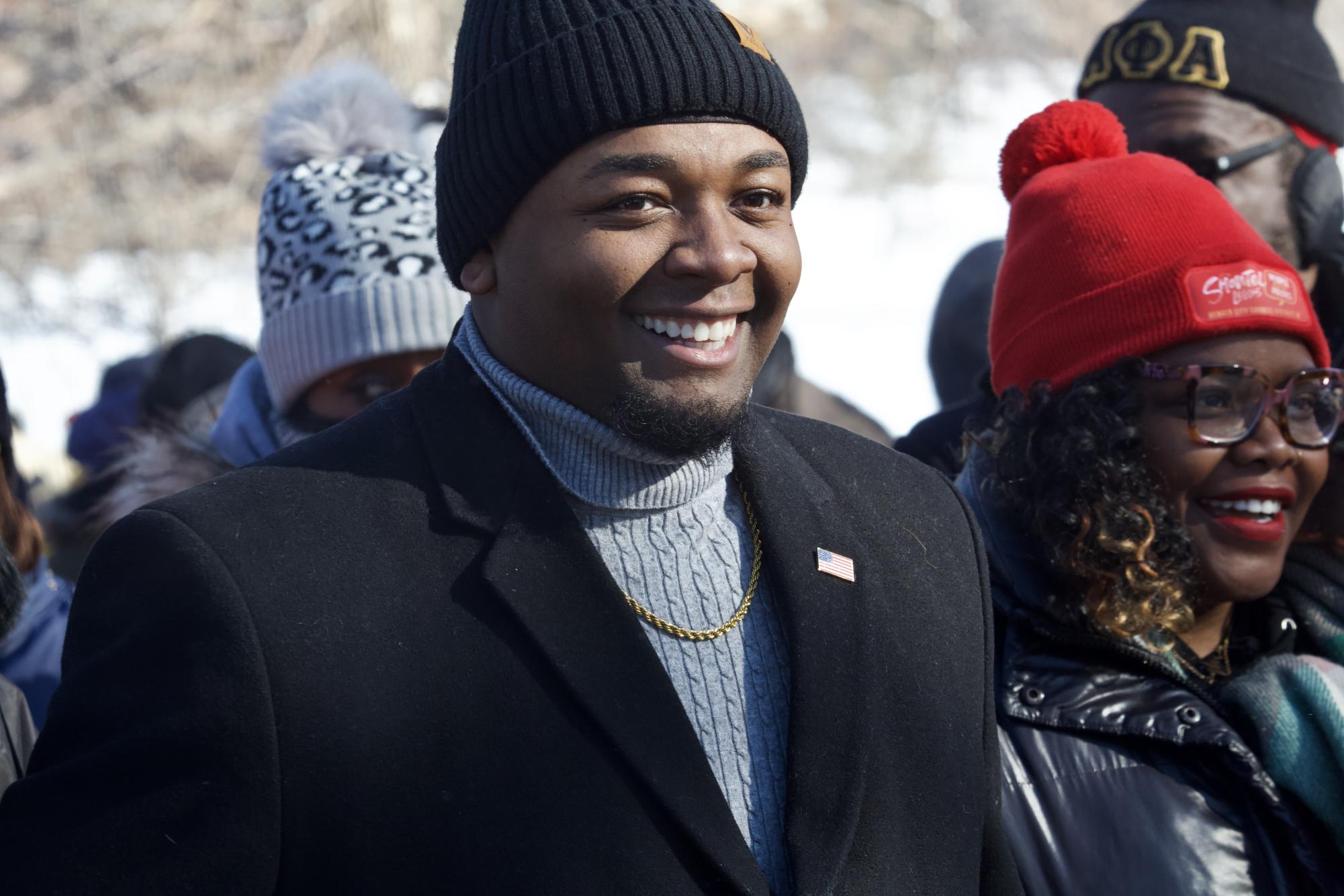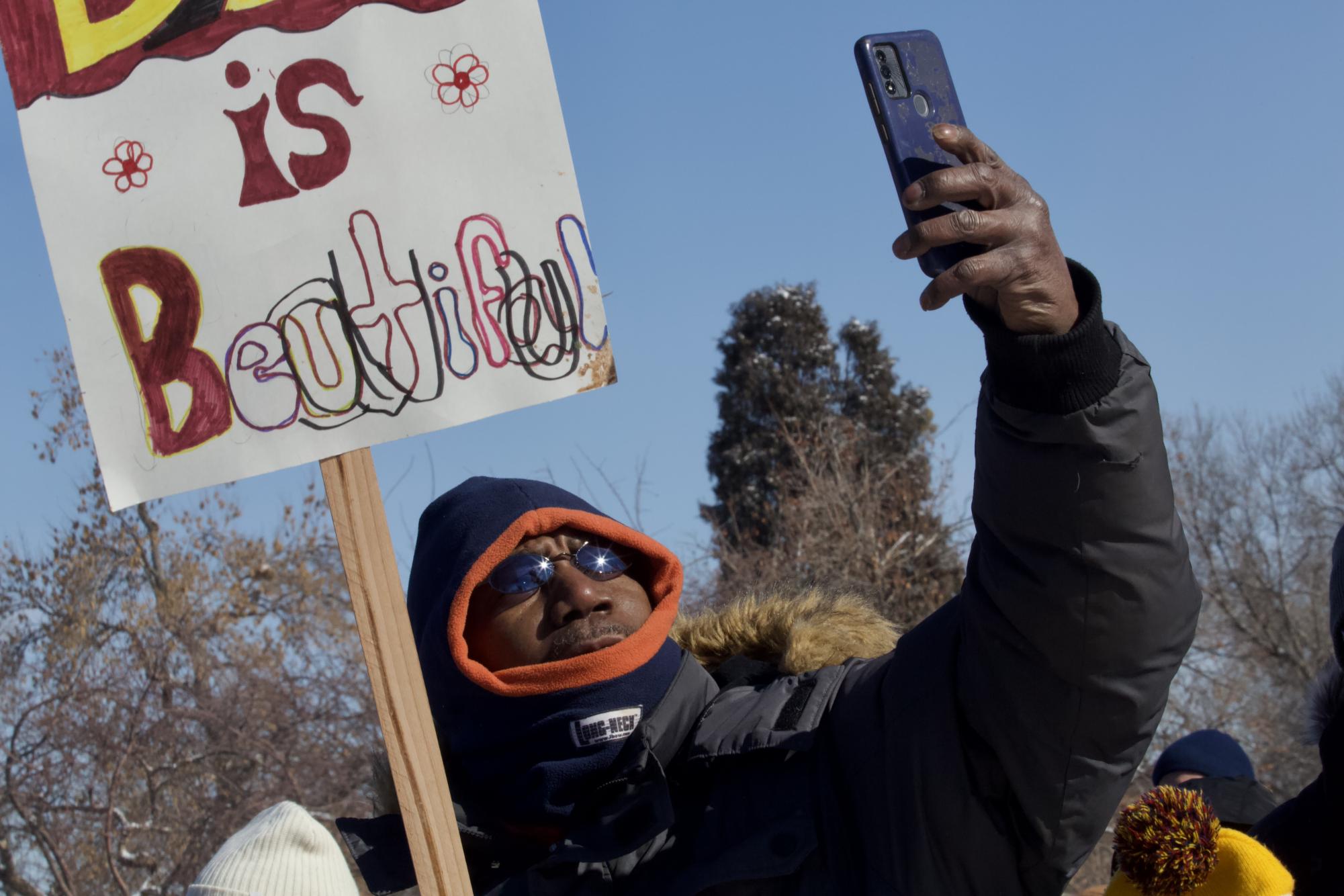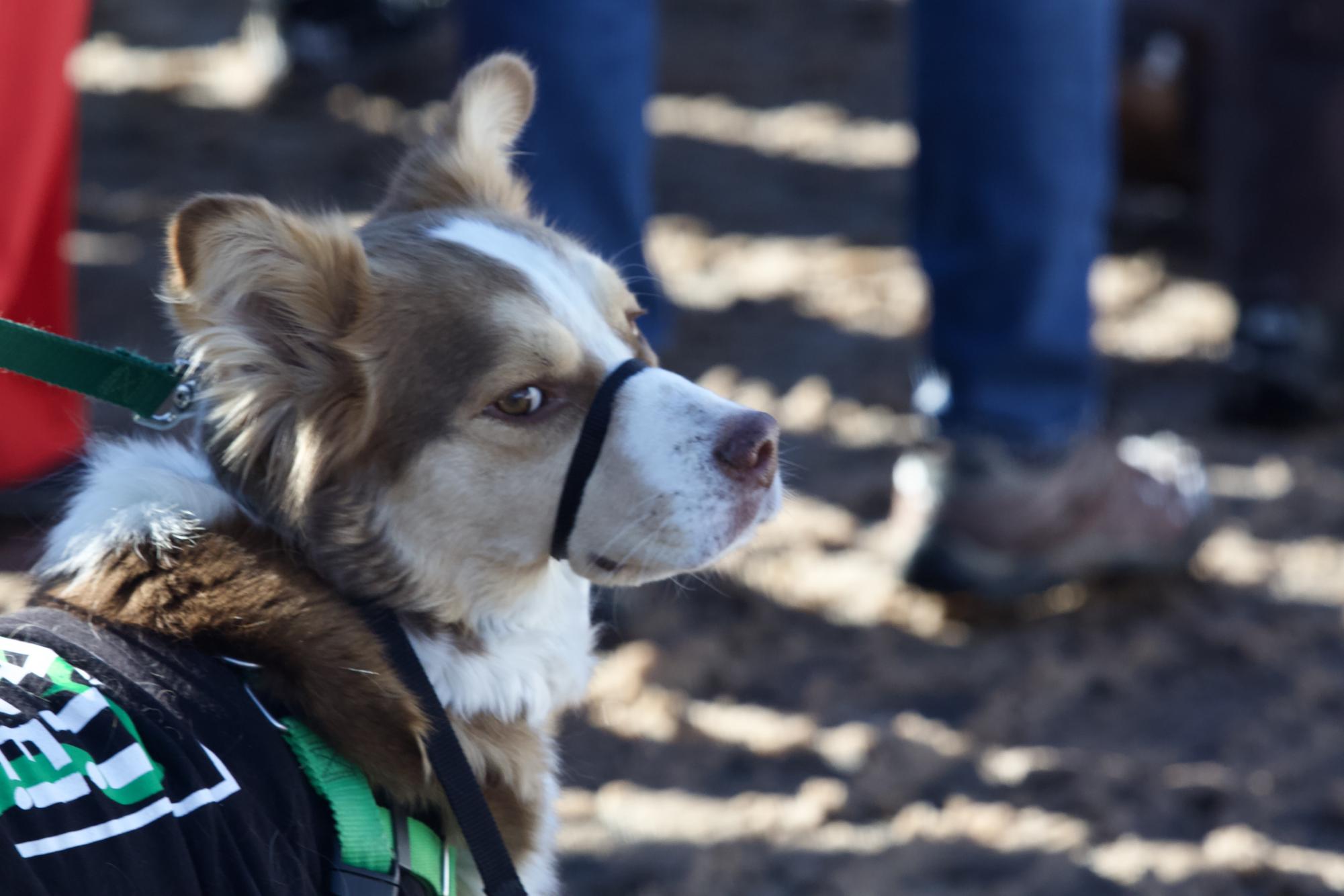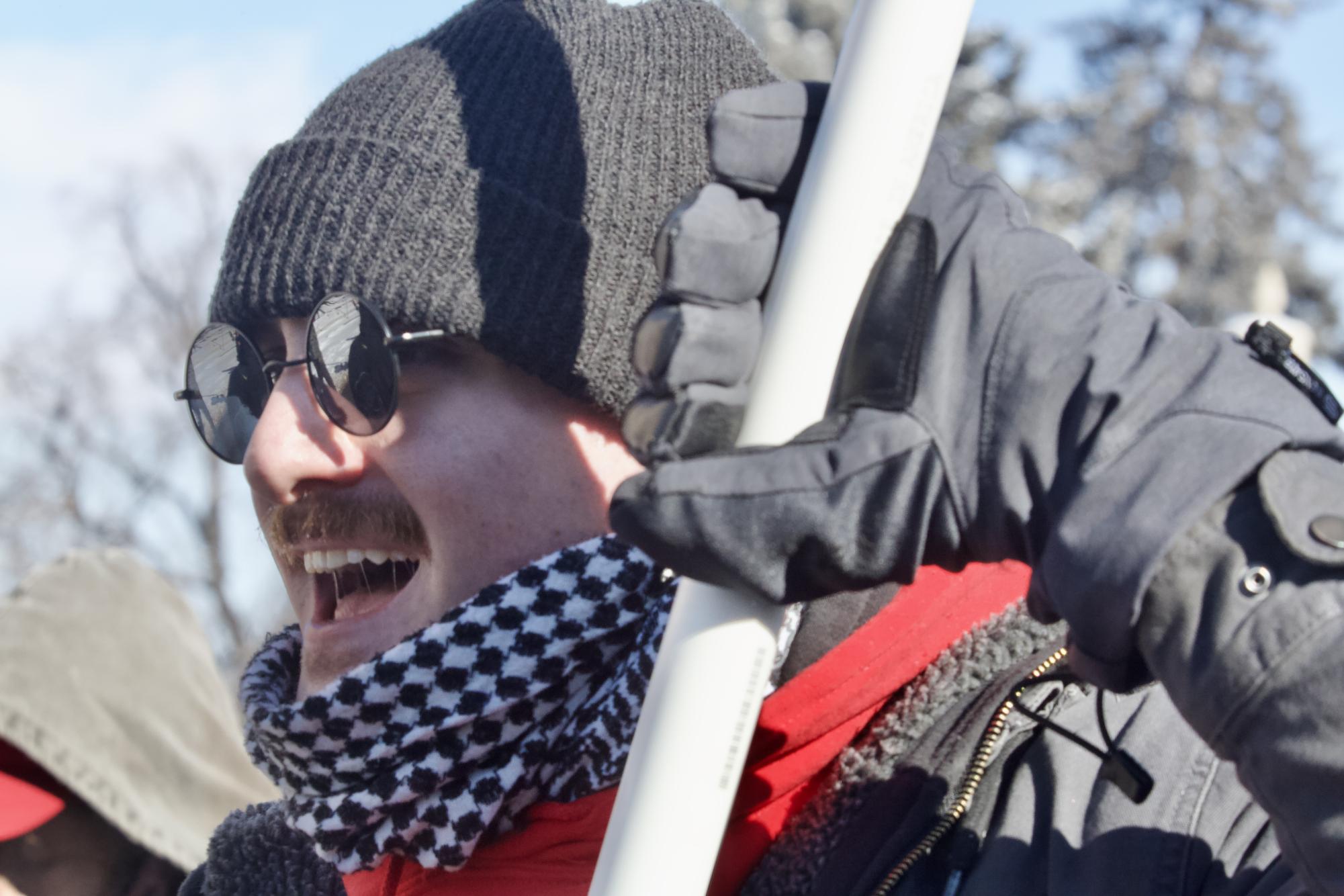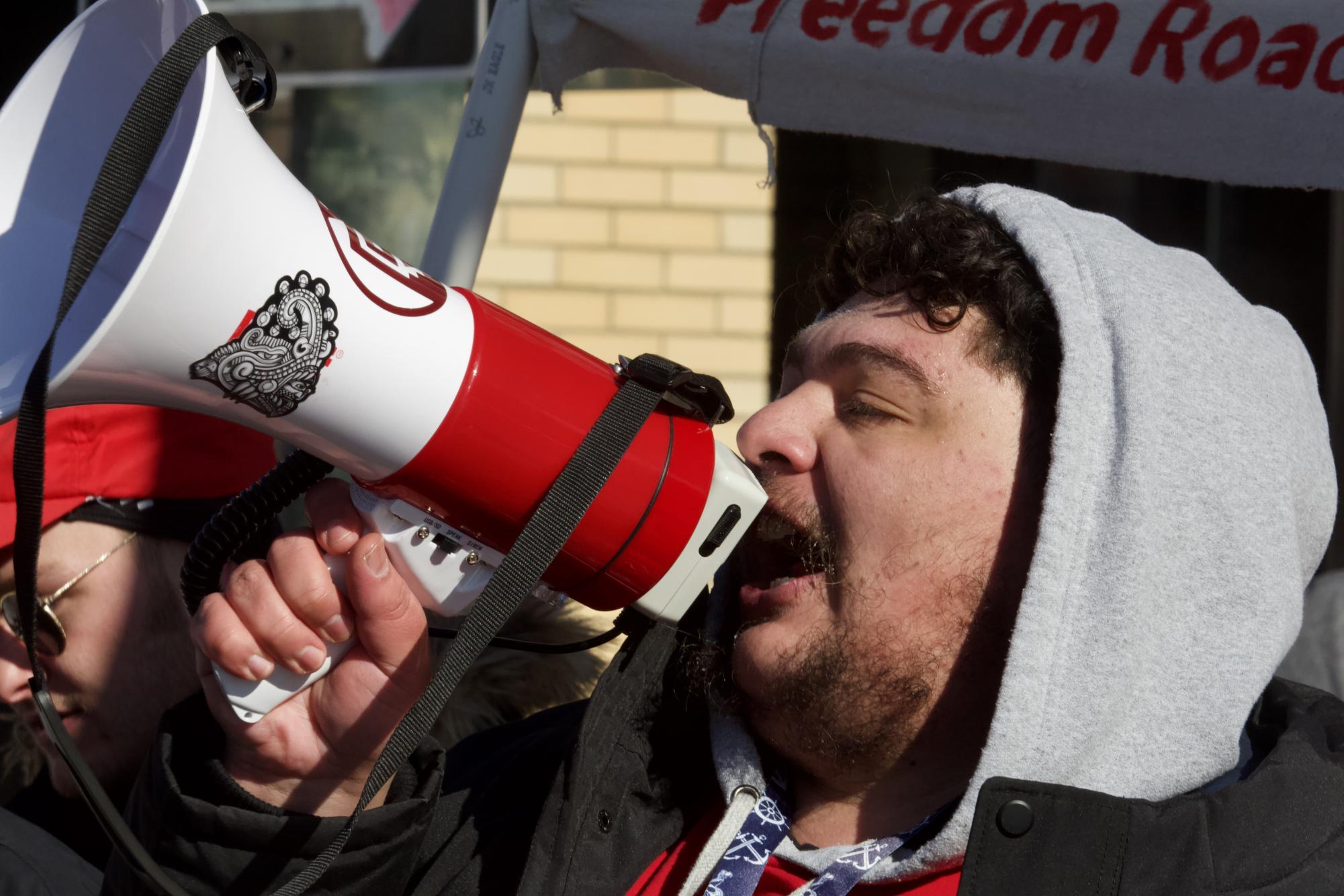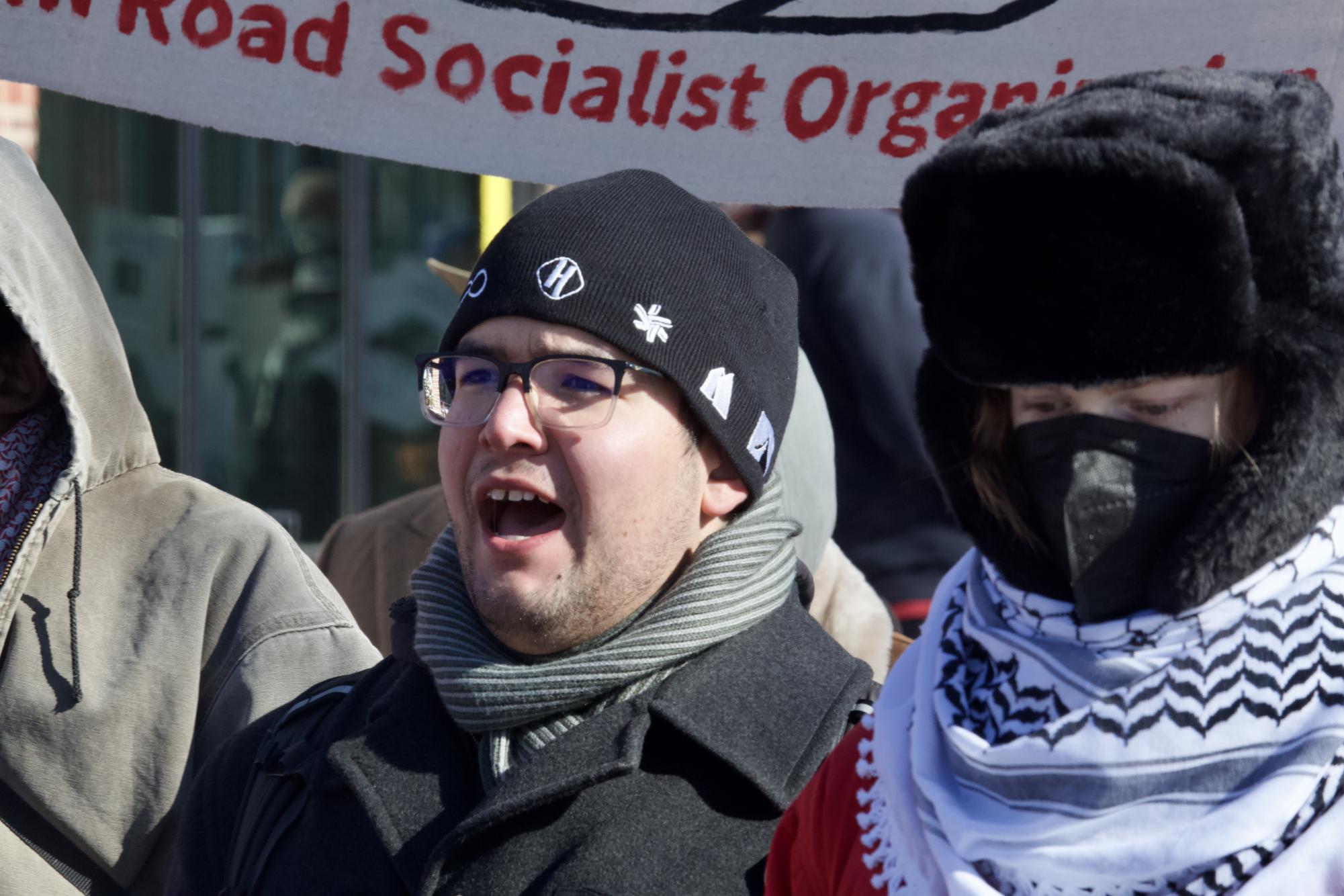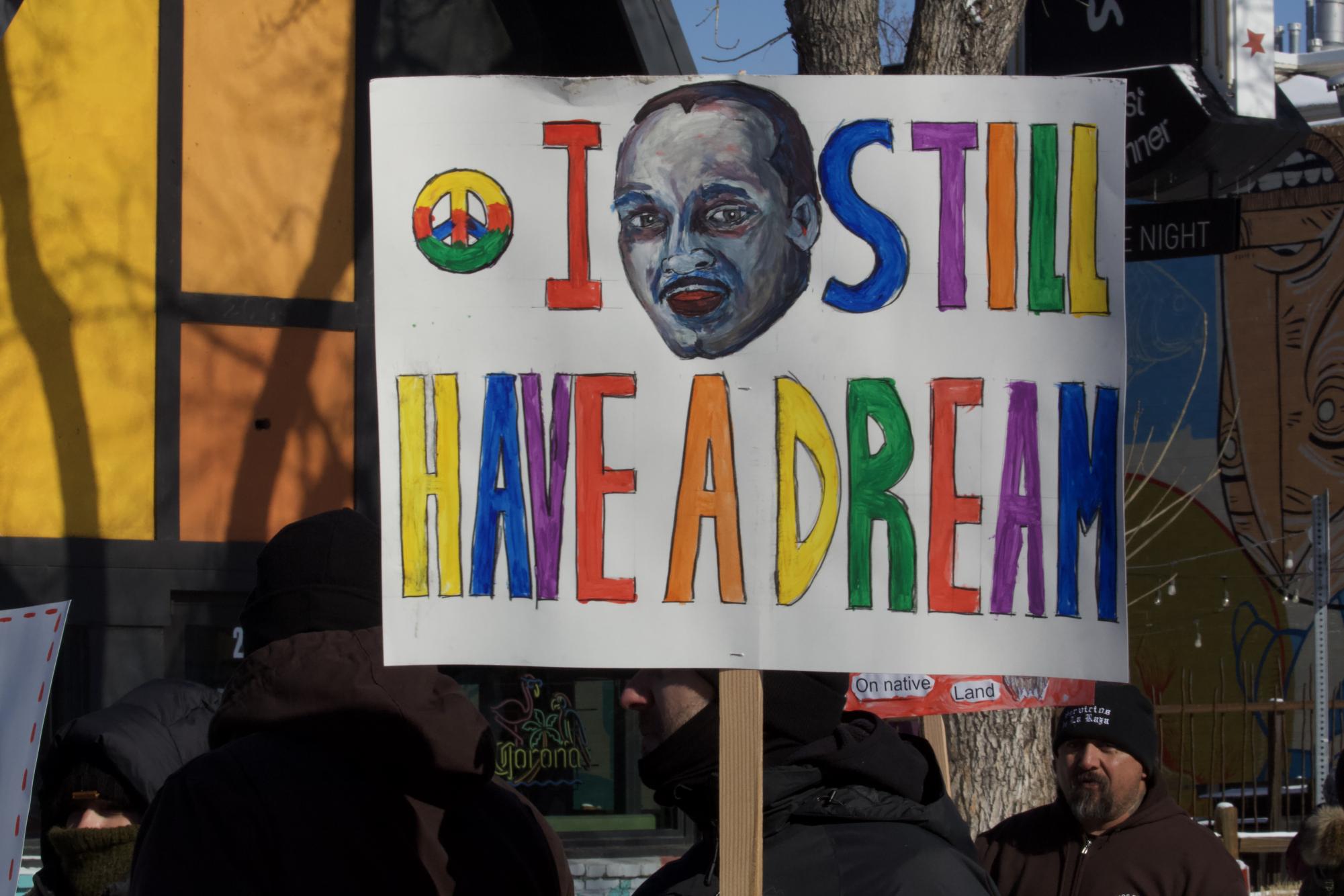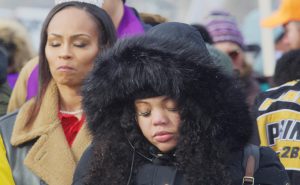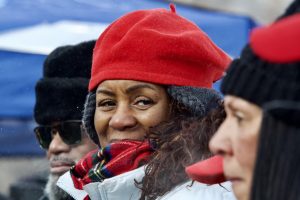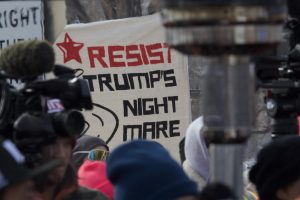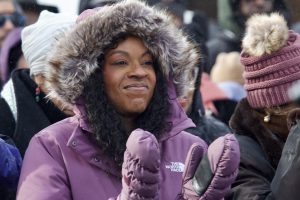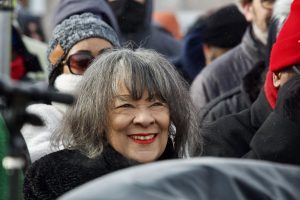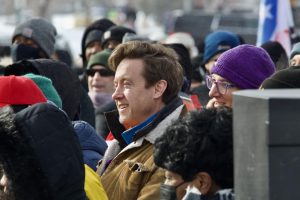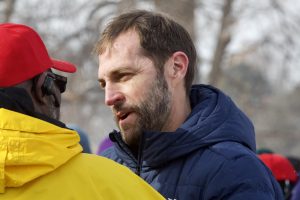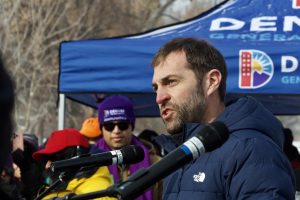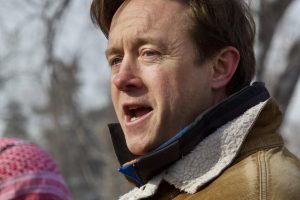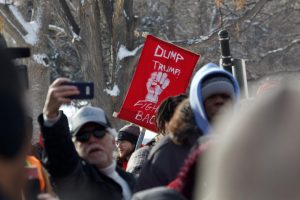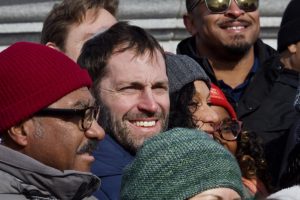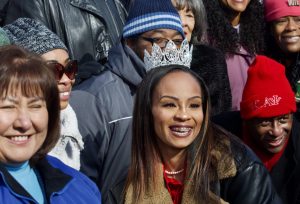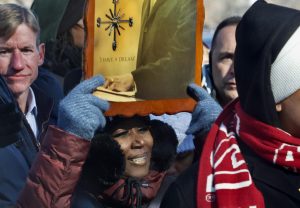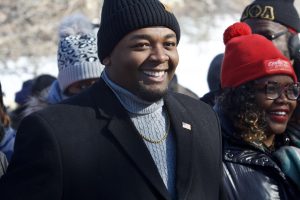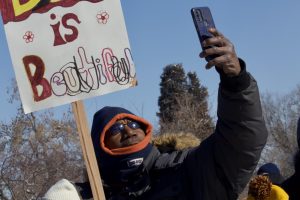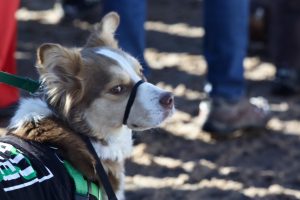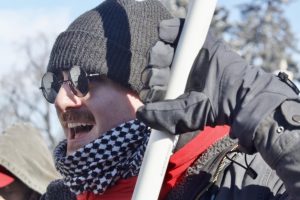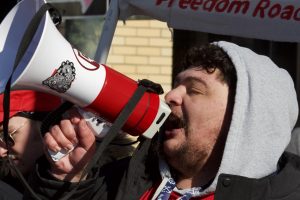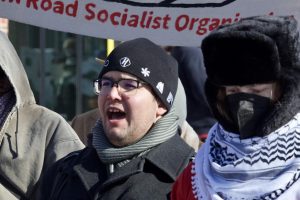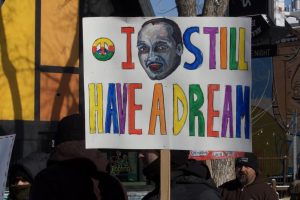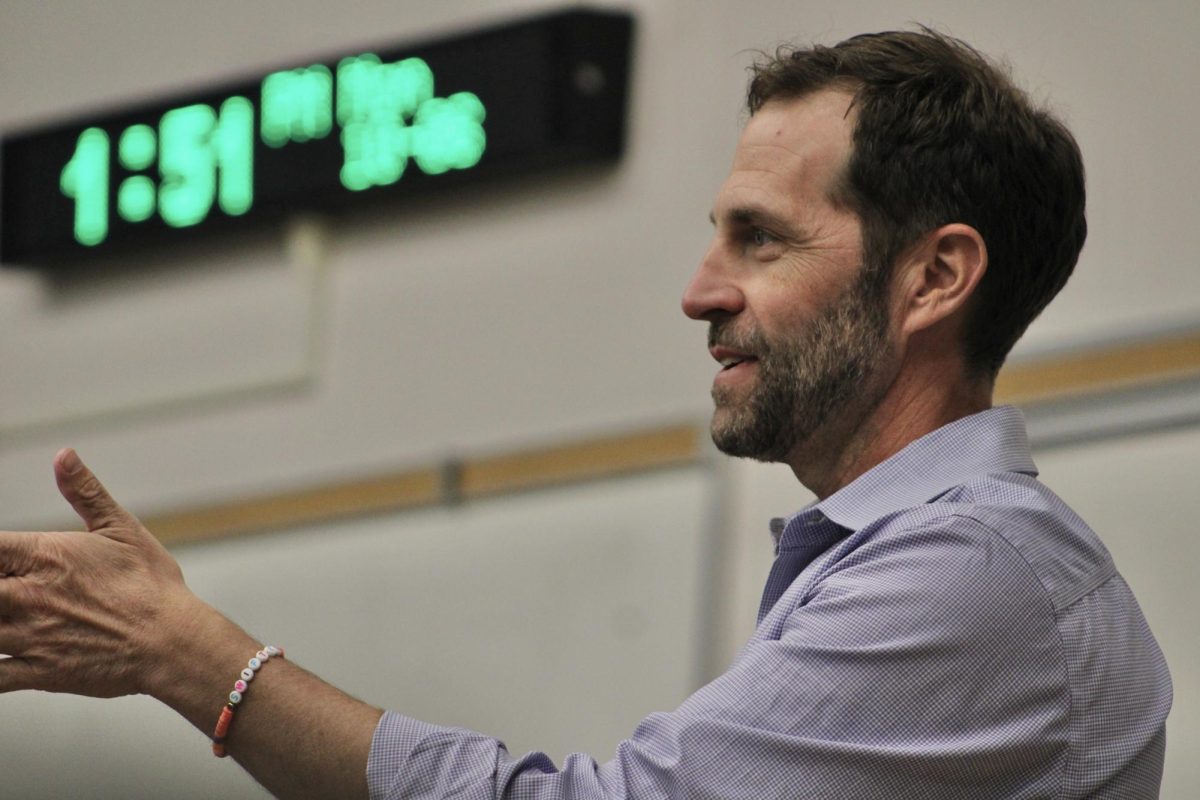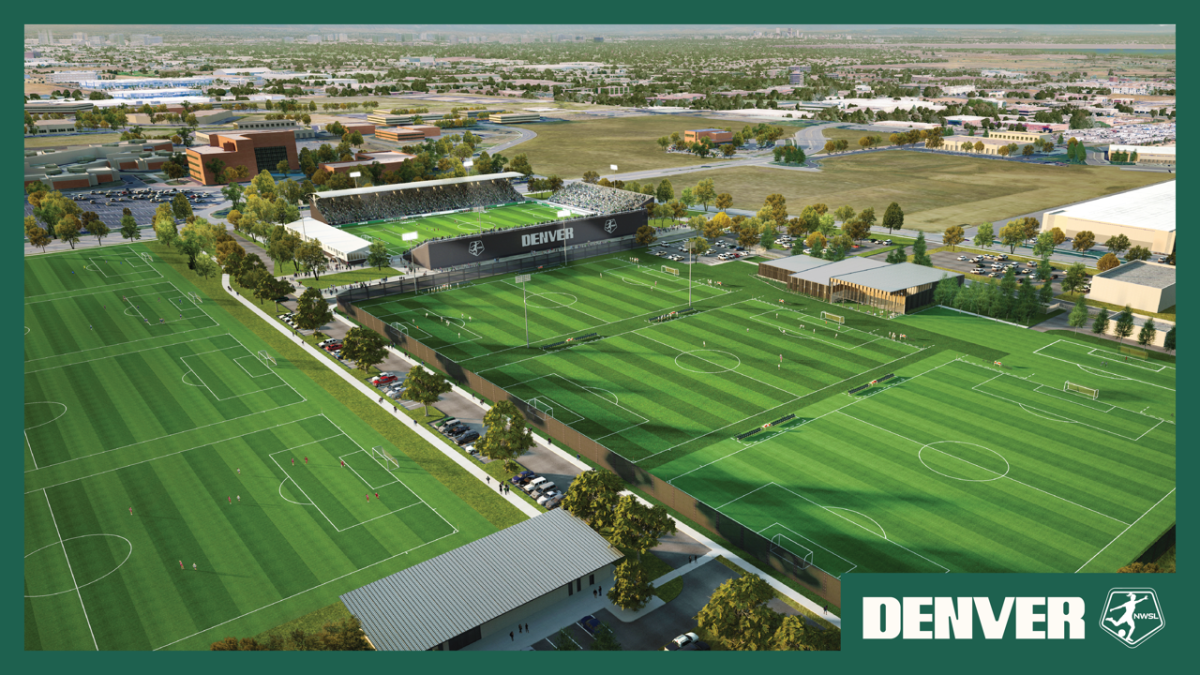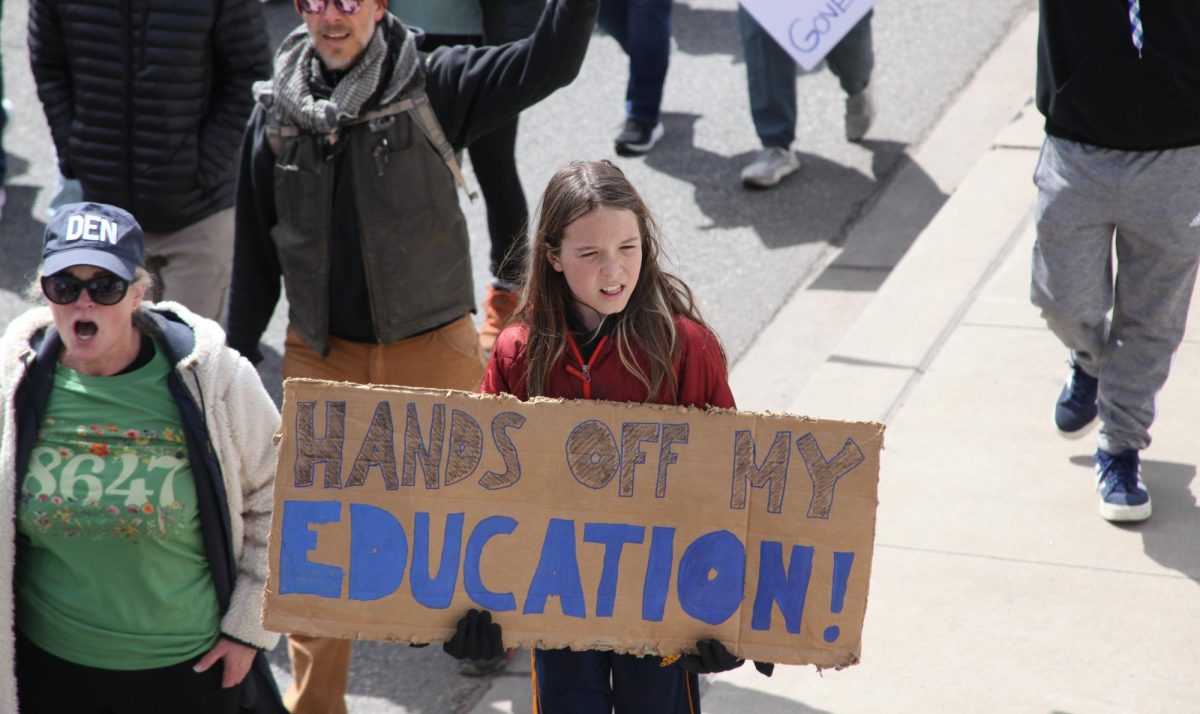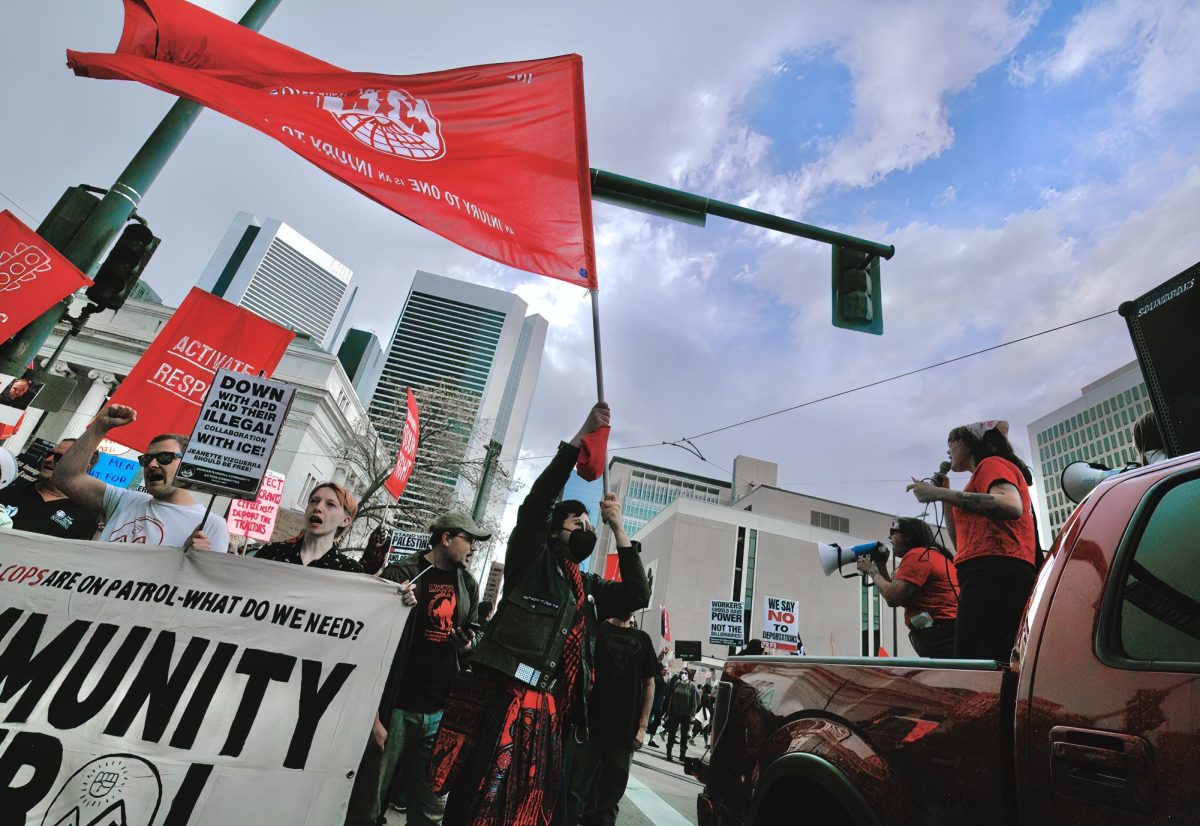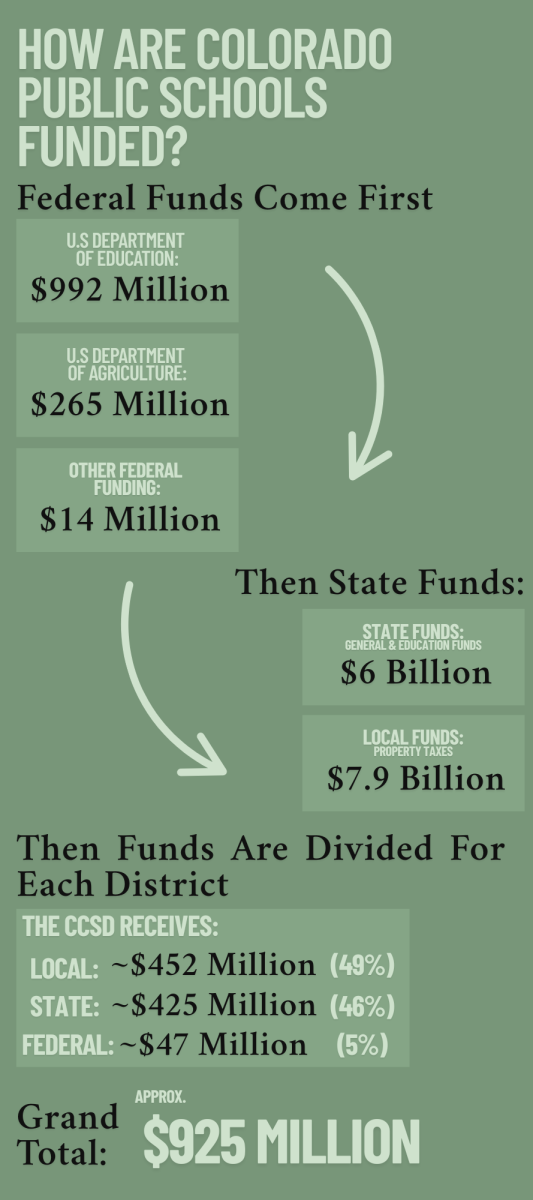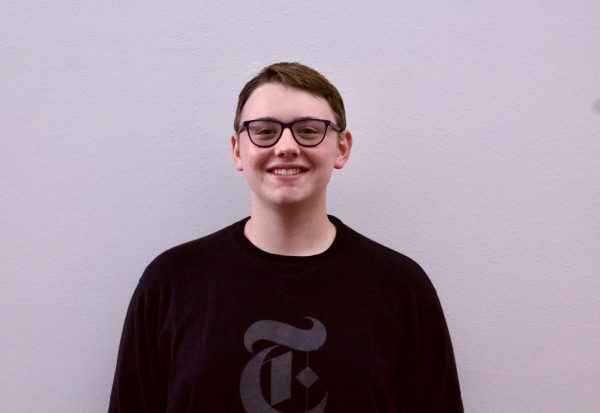Single digit temperatures didn’t stop a sizable crowd of marchers from gathering in City Park on Jan. 20 for Denver’s yearly Martin Luther King Jr. Day “Marade.”
The city’s annual ritual, which combines a march and a parade, had to fight through frigid temperatures, slush-filled streets, and wind chill as they proceeded to The Civic Center Park and Capitol Hill to honor the major Civil Rights Movement leader.
Before making their journey, the crowd watched speeches from religious leaders and local political figures like Denver Mayor Mike Johnston, Representative Jason Crow (D-6), and former Denver Mayor Wellington Webb.
“I’ve been coming to this for 20 years, and today is particularly important given the road ahead,” Johnston said. “We’re excited to show that we’re unified around protecting all of our residents.”
The “road ahead” he referenced was a common theme throughout the day: opposition to the future under President Donald Trump, who was sworn in on the same day. Signs criticizing the returning president were scattered throughout the crowd, and many speakers also spoke about advocacy under a new administration.
“Even in zero degree weather, you’re going to see one of the largest Marades in the country,” Johnston said. “That embodies the spirit of Dr. King, it doesn’t matter how hard the road is, we’ll stay at it. If the outcome is worth it and here when it’s protecting everybody’s rights I think we’re all pointed to that.”
One speech labeled the federal holiday as “not a day off, a day on,” signifying the day that most use as vacation should be used for the social advocacy King promoted. Because the day is a federal holiday, many businesses and schools were closed, and people took the day as a way to relax and avoid the cold.
The march, promoted by Denver public figures, was put together by the King Coalition, a nonprofit that promotes King’s values and messages after his death.
One of those public figures, Crow, the congressman of the district containing Creek and much of its population, wanted to show his people that being there was more important than attending Trump’s inauguration in Washington.
“I just wanted to be with my community, my constituents, and show people that I’m going to continue to be their voice, and I’m going to fight for them in Washington,” Crow said. “I hope people continue to see that we are a united community, that we will never be divided…that when we have differences, those differences help us arrive at better results.”
He especially wanted to show up and fight for those who don’t have the resources to do so.
“There’s a lot of people who are working two or three jobs, who are caring for sick or ill family members, who are afraid and maybe hiding because they’re afraid of the threats of this administration,” Crow said. “Those who have shown up are showing up to be their voice, to lend some power to the folks who can’t be here.”
Attendees were from all political parties, many with the nonpartisan goal of celebration of King and unity.
“[I’m here to] to celebrate the life of Martin Luther King, bring unity among the community, to approach the next four years, trying to be as one,” said Jimmy Smrz, a Denver Republican. He marched holding a flag with the Republican elephant emblem.
Like Smrz, others wanted to stress the celebratory aspect of the Marade. While crowds of people throughout the march chanted and held political signs, many held signs honoring King.
“I hope today, people find a sense of celebration and hope and that we can get through tough times together,” marcher Naomi Amaha said. “I’m really glad people came out despite the cold weather this morning, I feel like the people coming together, we brought out the sunshine.”
Amaha’s sign defined Johnston’s purpose with the march: it read “celebrate the legacy, act on the dream.” The Marade has two parts: the parade was meant to honor the achievements of King, and the march continues his most famous way of political advocacy.
“We’ve obviously been a city that has a special relationship with [King’s] commitment to civil rights and equality,” Johnston said. “For people to feel like they’re still connected to each other with shared purposes and shared values, I think it’s really valuable.”
See moments from the Marade below.

